
What is Vertigo?Vertigo is a feeling that you or your surroundings are moving although there is no actual movement. Dizziness and vertigo is not the same thing, although vertigo is a severe form of dizziness.
There are four types of dizziness: vertigo, lightheadedness, presyncope and disequilibrium. Vertigo is an illusion that you or environment around you are spinning, tilting, rocking or falling through space. It is usually caused by a problem with the balance mechanism within the inner ear. Vertigo is often associated with tinnitus (ringing in the ears) and hearing loss. Person experiencing vertigo may vomit or his eyes may uncontrollably move back and forth (nystagmus).
Causes
Vertigo occurs due to several causes. It can be the result of a disorder of the inner ear (BPPV) which may be caused by upper respiratory infection. In this case, vertigo occurs suddenly when person turns in bed or when moving the head up and down. Vertigo attack in BPPV lasts 30 to 60 seconds and the head movement is the main trigger. Disorder of the inner ear can be the result of ear or head injury or ear infection.
Central nervous system disorders can also cause vertigo. Vertigo can be a symptom of multiple sclerosis, epilepsy, neck injuries, migraine, acoustic neuroma and cerebellar and brain stem tumors.
Homeopathic Therapy for VertigoConium (Con) is appropriate for vertigo in heavy smokers, elderly people and those suffering from cerebral anemia.
Ambra Grisea (Ambr) is effective in treating nervous vertigo in older people.
Iodine (Iod) is remedy suitable for older people that are affected by chronic congestive vertigo.
Ferrum Metallicum (Ferr) is a remedy for anemic vertigo. This vertigo becomes worsen when person suddenly stands up from sitting or lying position.
Bromine (Brom) is suitable to vertigo that becomes wors when person looks at running water.
Aconite (Acon) relieves hyperaemic or auditory vertigo which is worse when person raises head or rises from recumbent position.
Cocculus (Cocc) mainly acts on the abdomen thus it suits vertigo associated with digestive problems.
Bryonia (Bry) is effective in treating gastric vertigo followed by nausea and sometimes fainting.
Cinchona (Chin) is suitable to gastric vertigo, vertigo from debility and dehydration.
Nux Vomica and Pulsatila are helpful to gastric vertigo as well.
Phosphorus has an excellent potential to treat every type of vertigo, particularly nervous vertigo that results from nervous debility or sexual abuse.
Rhus Toxicoderon (Rhus-t) is good for relieving vertigo in older people which occurs when person rises from sitting position.
Causticum (Caust) is suitable to vertigo preceding paralysis and vertigo of organic brain.
Argentum Nitricum is for vertigo with debility and trembling and vertigo from disease of the brain and eyes.
Natrum Salicylicum (Nat-sal) is a remedy for auditory nerve vertigo.
Theridion (Ther) is a remedy suitable to purely nervous vertigo that is followed by nausea and worsens with noise or motion.



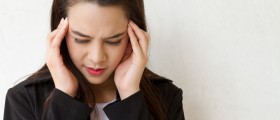

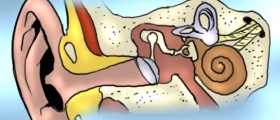
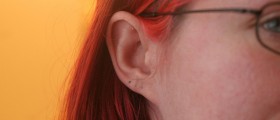


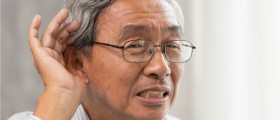




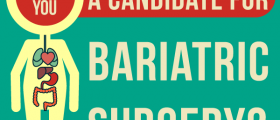

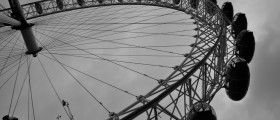
Your thoughts on this
Loading...